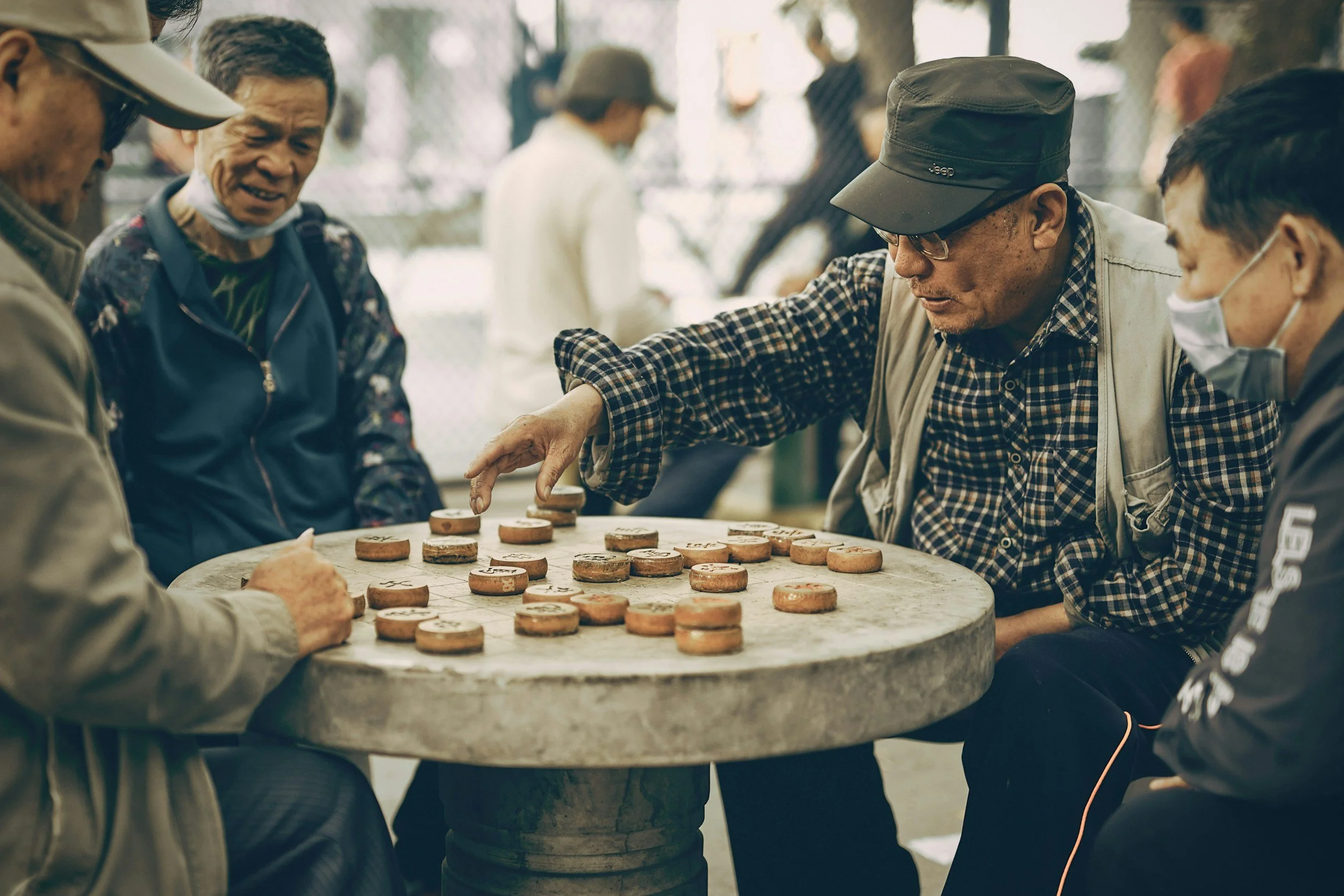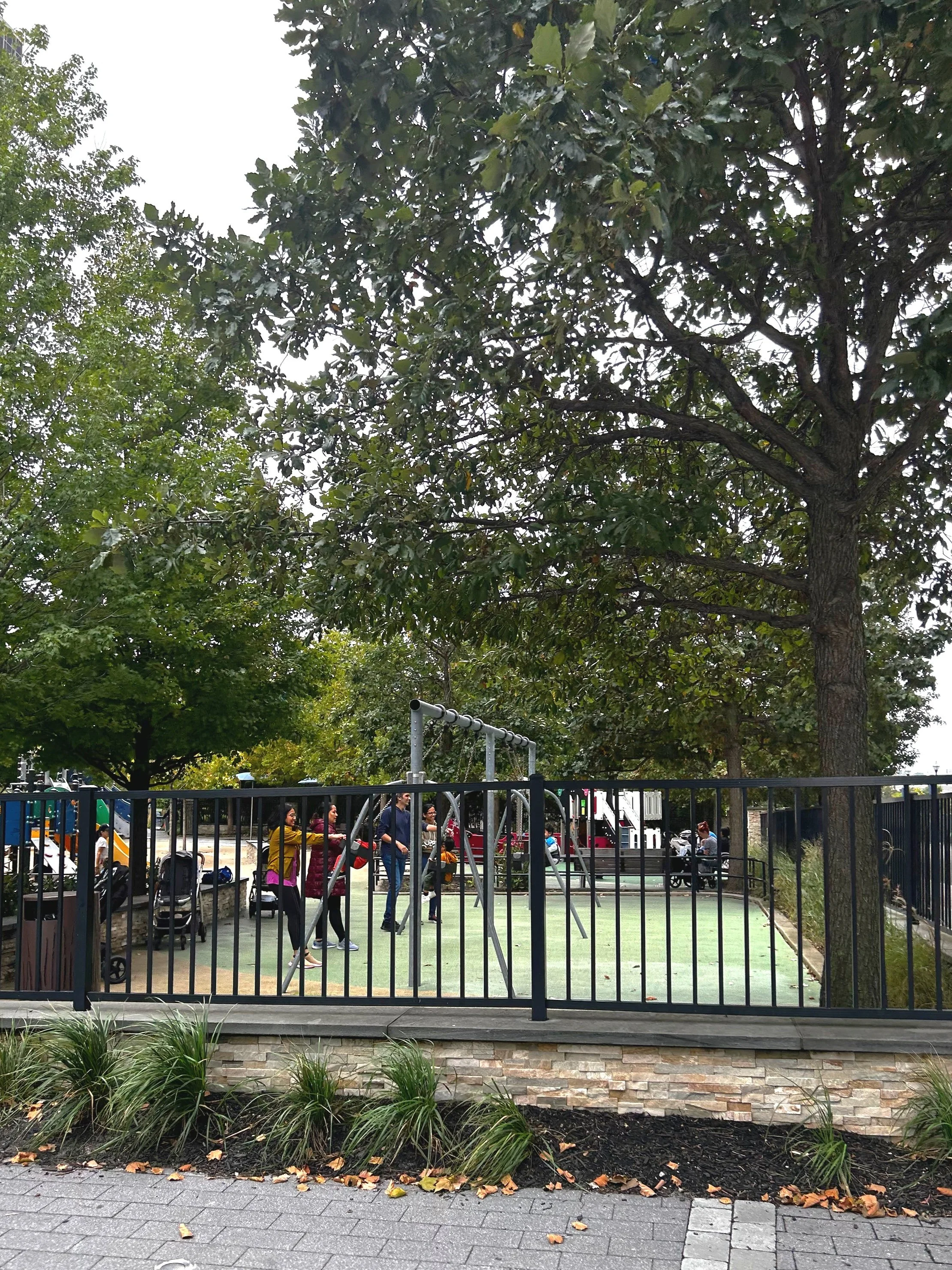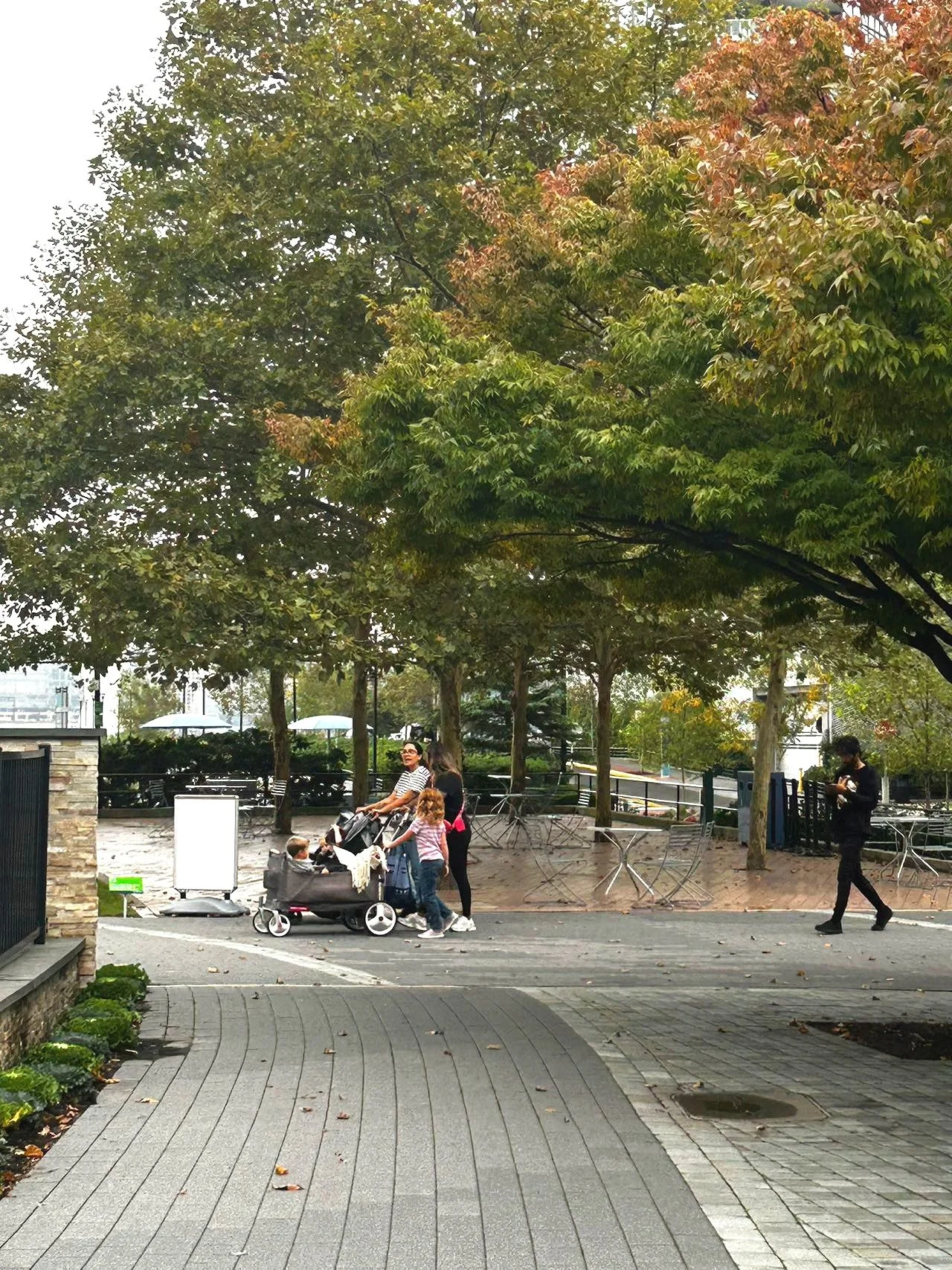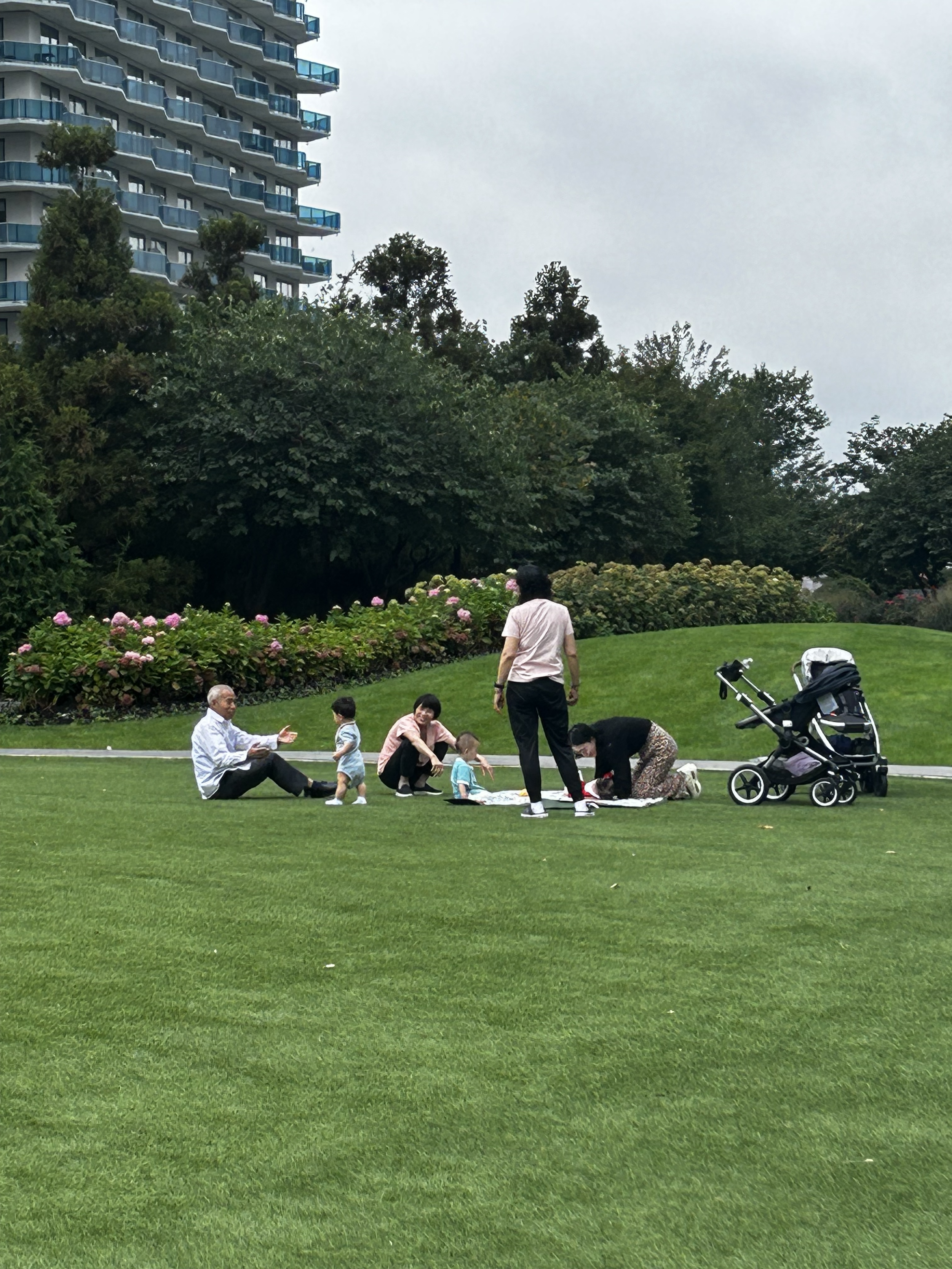
Everlasting Bond
User Experience Research Project
“How might we support Chinese-American grandparents in childcare roles to feel connected, valued, and culturally respected?”
Context
Inspired by the Disruptive Design course in my graduate program, this study explores the experiences of Chinese grandparents in NYC who care for their grandchildrenRole
- User Experience Researcher
- Design Storyteller
- Design Strategist
- CommunicatorTeam
- CPC School-Age Child Care Center at Chrystie Street (Partner Organization)
- Mari Nakano (Instructor)
- Qian Qiu
- Haoyu ChenTools
Figma, Adobe Illustrator, Photoshop, Microsoft Office, Google Workspace, Notion, Pinterest“We are from rural areas and farmers. We are useless. So the hope is for the next generation, hope that they live an easier and healthy life, nothing more.”
- Maternal grandmother G, Their Happiness Is My Happiness (2016)
Introduction
This User Experience Research project, inspired by the Disruptive Design course in SVA MFA Design for Social Innovation, explores the experiences of Chinese grandparents in NYC who assist their families by caring for grandchildren. In a group of three, the project allowed me to independently identify participants, build partnerships, and apply human-centered research methods to uncover insights into cultural adaptation and cross-generational dynamics within immigrant families.
Using shame-free, story-oriented strategies, we conducted 20 semi-structured interviews and a cultural probes activity with a partner organization. These efforts culminated in a storytelling emotional word map and a journey map, translating insights into actionable frameworks that highlight the unique challenges faced by these families.Background
In Asia, particularly in China, grandparents often play a central role in caring for their grandchildren. This caregiving practice continues in the U.S., where many Chinese grandparents relocate to support their adult children. Adjusting to an unfamiliar environment and navigating cross-cultural challenges can significantly impact their well-being.Research indicates that immigrant grandparents commonly face obstacles such as language barriers, limited social networks, and cultural conflicts in caregiving practices. Notably, one study reveals that Chinese-American grandparents who act as primary caregivers for their grandchildren experience higher levels of depressive symptoms compared to those who do not take on caregiving roles (Tang et al., 2016).
This User Experience Research aims to explore how these caregiving experiences influence the emotional and social well-being of Chinese grandparents living in NYC and NJ, using non-participant observation, semi-structured interviews and cultural probes to uncover their unique stories and needs.Research
How do grandparents in NYC feel about their role in taking care of their grandchildren?On average, how much time do they dedicate to childcare each day?What activities do they typically engage in during their personal time?What challenges do they encounter while caring for their grandchildren?
Research Questions
We applied three different methodologies in a specific order to better build trust with our participants: Starting with Non-Participant Observation- gain an initial understanding of their daily lives and habits.Moving to Semi-structured Interviews- for personal insightsConcluding with Cultural Probes- encourage deeper storytelling!
Methodologies
Chinese grandparents, live in New Jersey and New York City, aged 55 to 80, both male and female, with experience in raising grandchildren.Participants Demographic
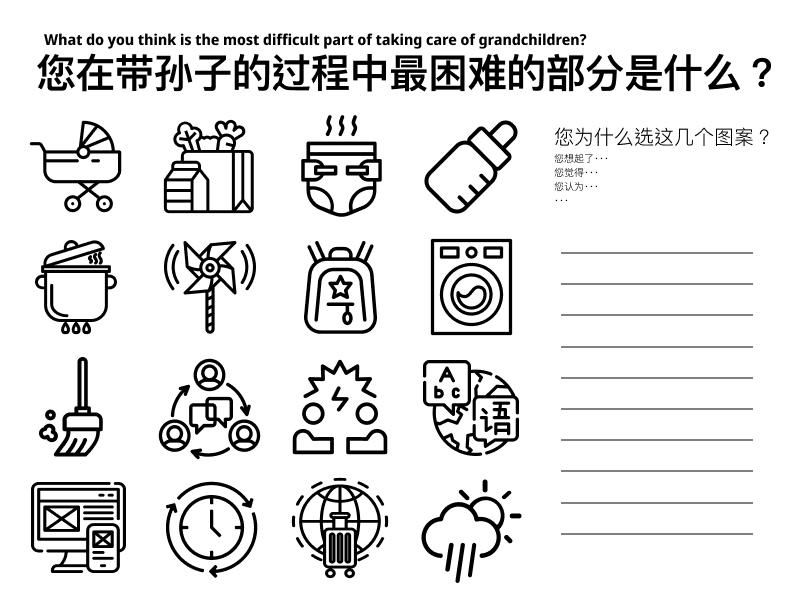
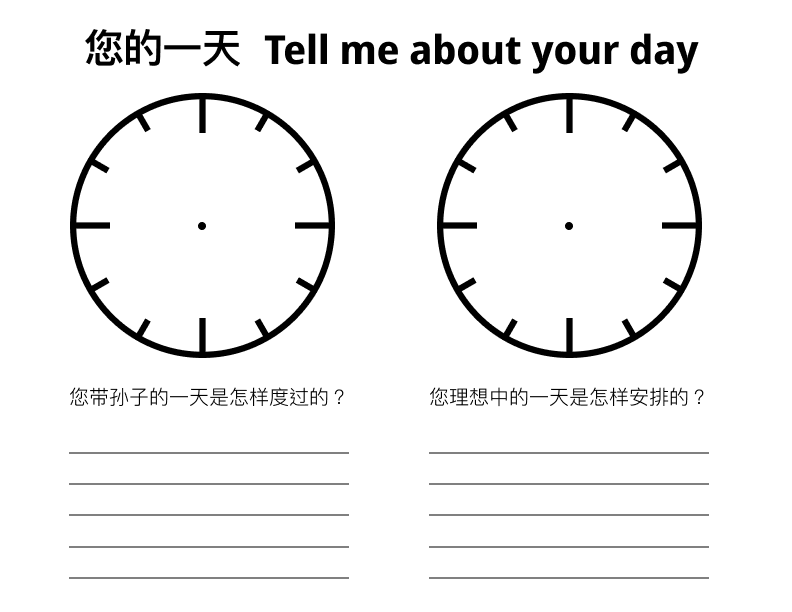
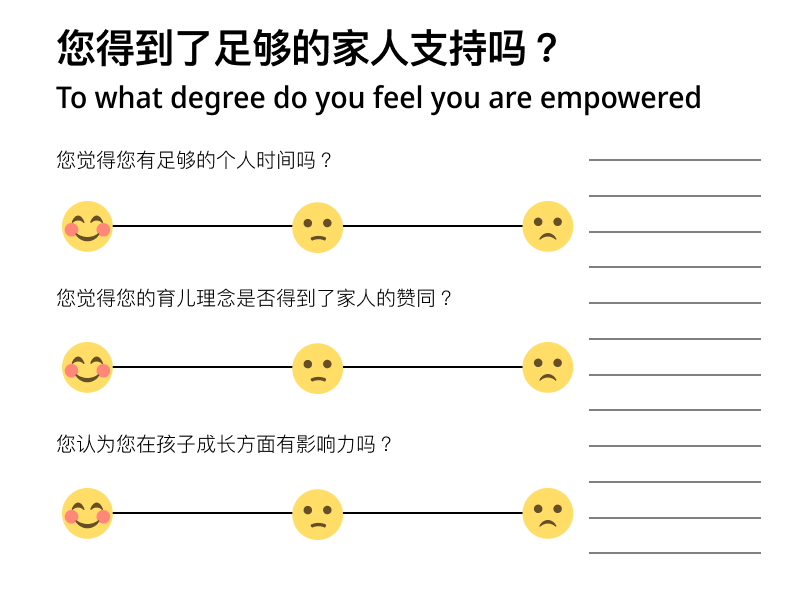
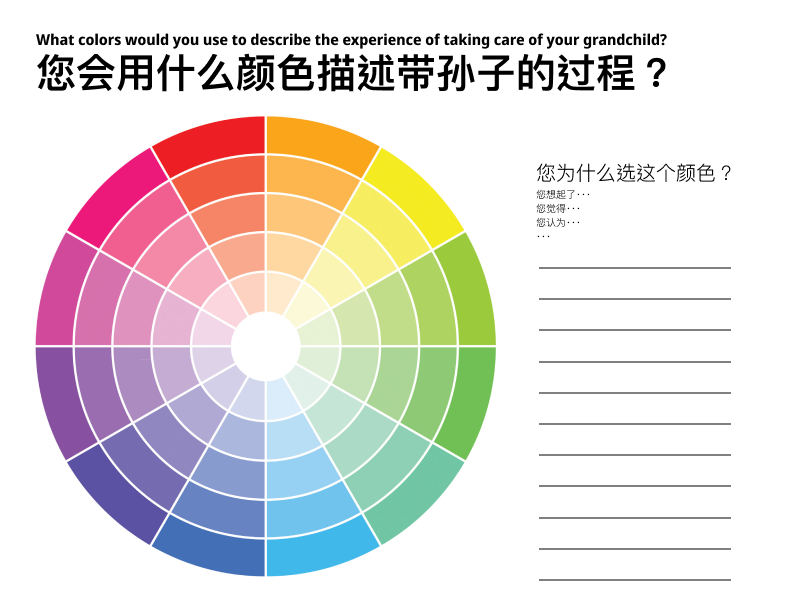
“I've been in the U.S for seven years, and I don't speak English very well. I've only returned to China twice. Every day, I have to get up at 6:30 in the morning to go to my son's house to take my grandson to school. In the evening, I also need to pick him up from daycare center and then go back to my own home.”
“My legs and feet aren't very nimble, so I only occasionally pick up my grandson. Most of the time, it's his parents who do the pick-up and drop-off. When I'm not looking after the child, I like to go to the park or to the Chinese seniors' association, where I have friends.”
“I have two granddaughters, one is eight and the other is six. I take them to and from school every day and take care of their daily needs because their parents aren't in New York. My only personal time is at noon when I go out to buy groceries and chat in the park.”
Insights
• Burnout and Exhaustion: Grandparents bear almost full responsibility for childcare due to the inability of adult children to share caregiving responsibilities.• Lack of Autonomy: Minimal time for personal activities, entertainment, or rest, leading to physical and emotional strain.• Cultural and Environmental Isolation: Limited recognition and appreciation for their efforts, compounded by navigating an unfamiliar cultural and social environment.• Social Disconnection: Reduced opportunities for socialization due to full-time caregiving duties.User Needs
• Support Systems: Structured assistance, whether through shared caregiving responsibilities or community support.• Time for Self: Opportunities to rest, engage in personal activities, or socialize to alleviate stress and maintain well-being.• Recognition and Appreciation: Validation and acknowledgment of their contributions to family dynamics.• Cultural Adaptation Resources: Access to culturally sensitive services and recreational activities to ease adjustment and improve quality of life.Pain Points
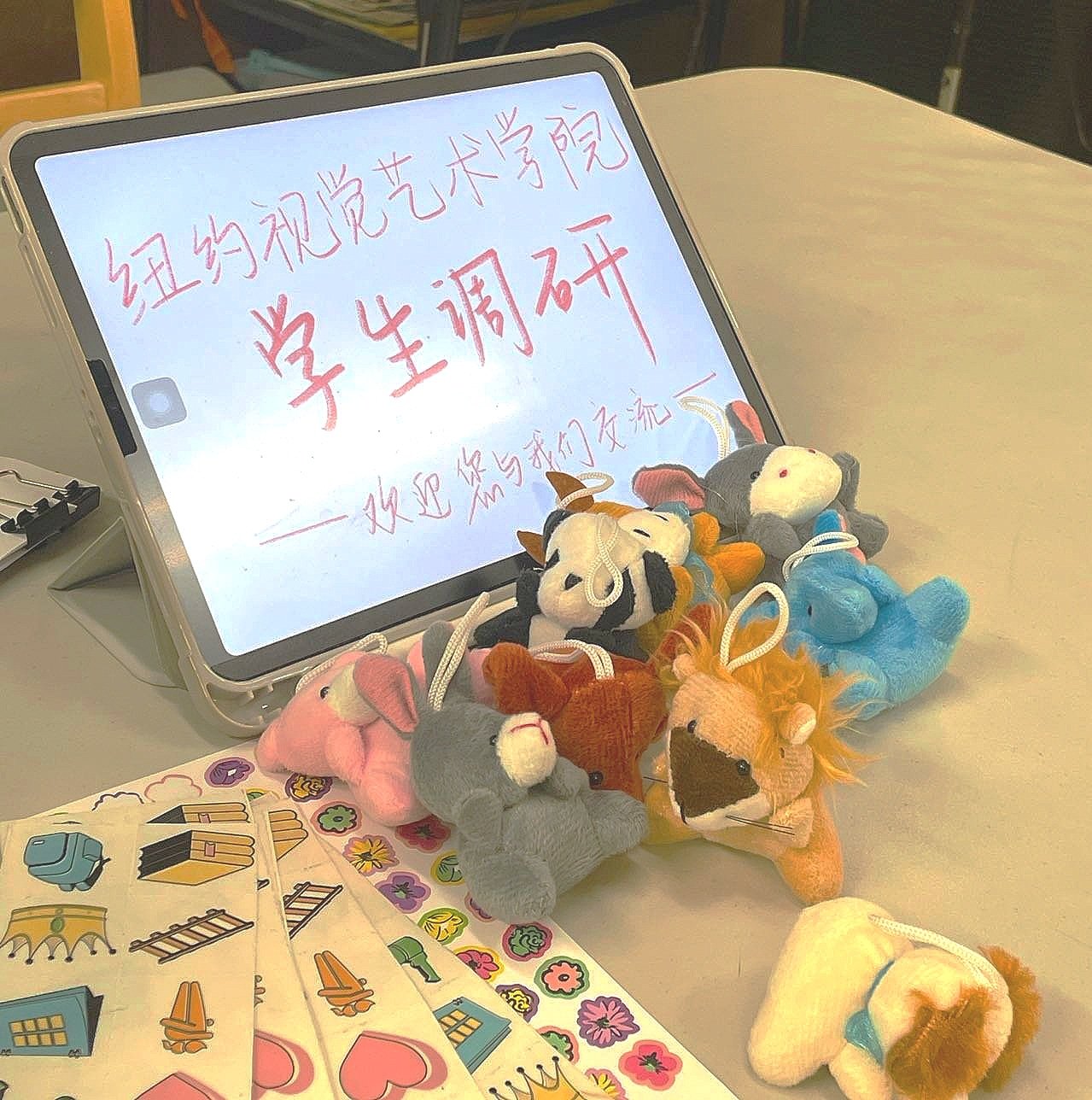
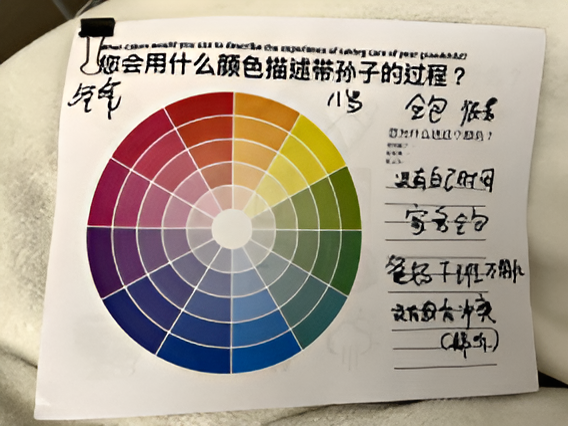
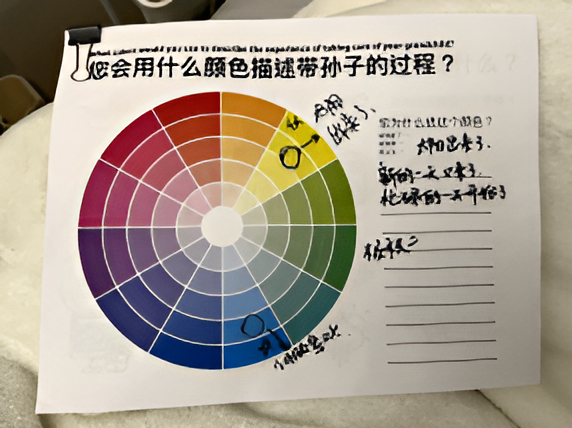
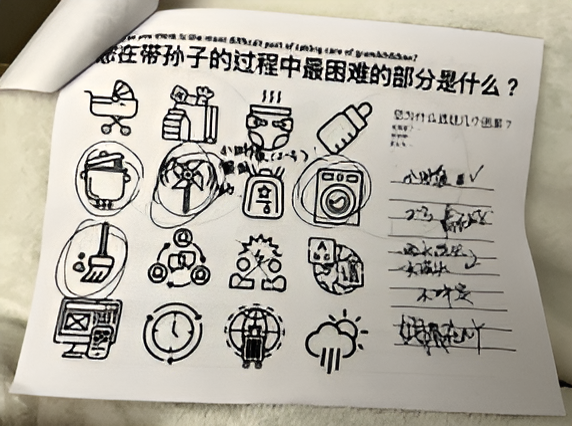
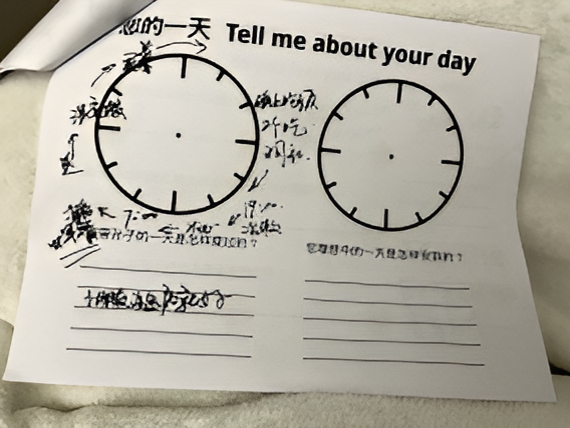
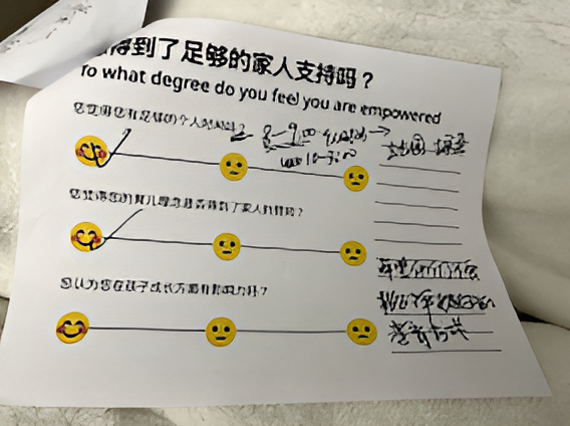
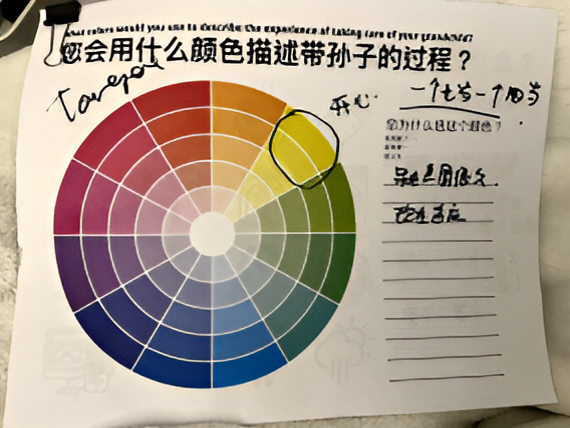
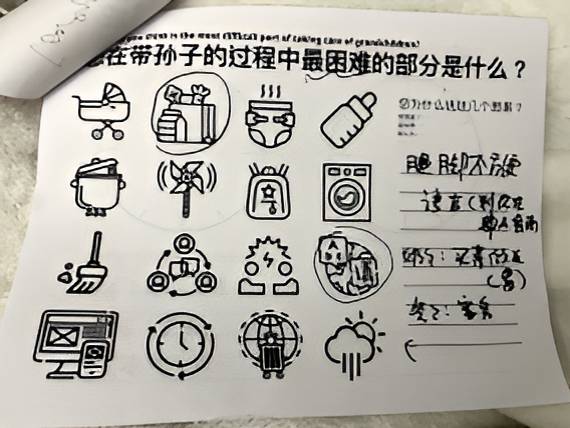
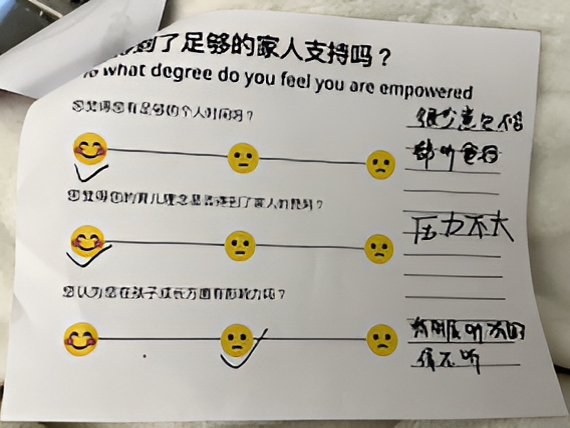
Used psychology principles to strategically design interview questions
Practiced interview skills through 20+ in-depth interviews and a focus group.
Refined strategic communication by creating visually clear materials for grandparents.
Improved partnership-building skills by collaborating with organizations.
Enhanced storytelling techniques to effectively convey research insights.
